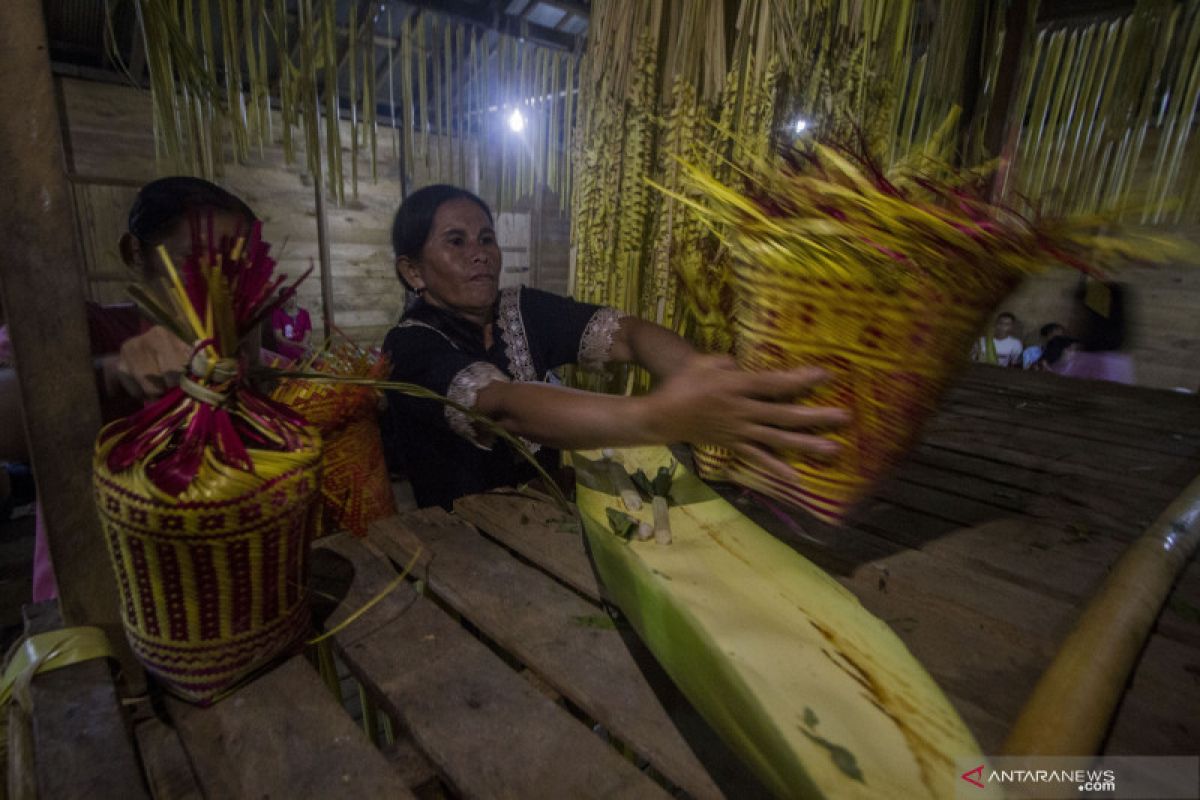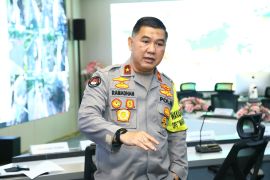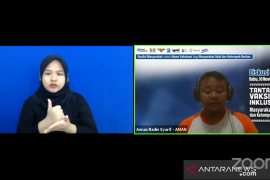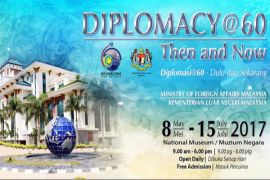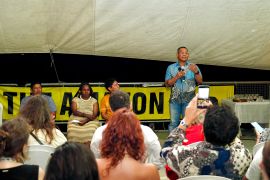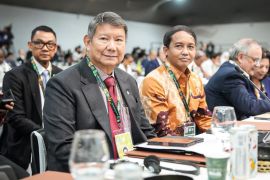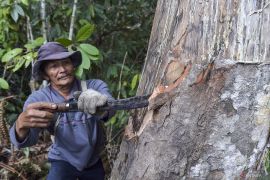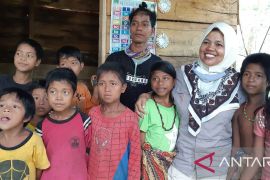This is not just about administration but also pertains to the economic political issue that exceedingly requires strong public pressureJakarta (ANTARA) - Deputy II Secretary General of the Alliance for Indigenous People of the Archipelago (AMAN) for Advocacy and Politics Erasmus Cahyadi believes public pressure is vital in the struggle to return the indigenous territory to the native people.
"This is not just about administration but also pertains to the economic political issue that exceedingly requires strong public pressure," Cahyadi stated here on Tuesday.
Citing an example of the successful application of public pressure, Cahyadi pointed to a case in early 2021 that involved the Pandumaan-Sipituhuta indigenous people in the Humbang Hasundutan District, North Sumatera.
In that case, the Ministry of Environment and Forestry (KLHK) returned the Pandumaan-Sipituhuta territory back to the indigenous people after a concession with PT Toba Pulp Lestari.
During the celebration of International Day of the World's Indigenous People on Aug 9, Cahyadi reviewed the process of returning the indigenous territory through the current nomenclature, scheme, and regulation.
Based on this review, he perceived that returning indigenous territory in Indonesia was no easy procedure since the government's stipulation mandated fulfilling the clean and clear principle to prevent any overlapping of management and permit.
The clean and clear principle can still be fulfilled through regional regulation at the district level, he noted.
However, Cahyadi opined that the clean and clear principle, which concerns the ownership of territory by a third party, such as corporations, made the process of returning the indigenous territory quite challenging.
"If there is a third party that owns the territory, then negotiation with the new owner is necessary in order to return it to the government's ownership before it is established as an indigenous forest," he expounded.
In addition, AMAN opposes the notion that indigenous territories are something that the state owns and grants and not something to return to indigenous people, who have owned them for generations.
Related news: Women's role crucial in struggle of indigenous people: AMAN
Related news: World's Indigenous Day reminds of resilience against pandemic
Related news: Indigenous communities can use alternative ID to receive vaccine
Translator: Jasuma Fadholi, Fadhli R
Editor: Sri Haryati
Copyright © ANTARA 2021
